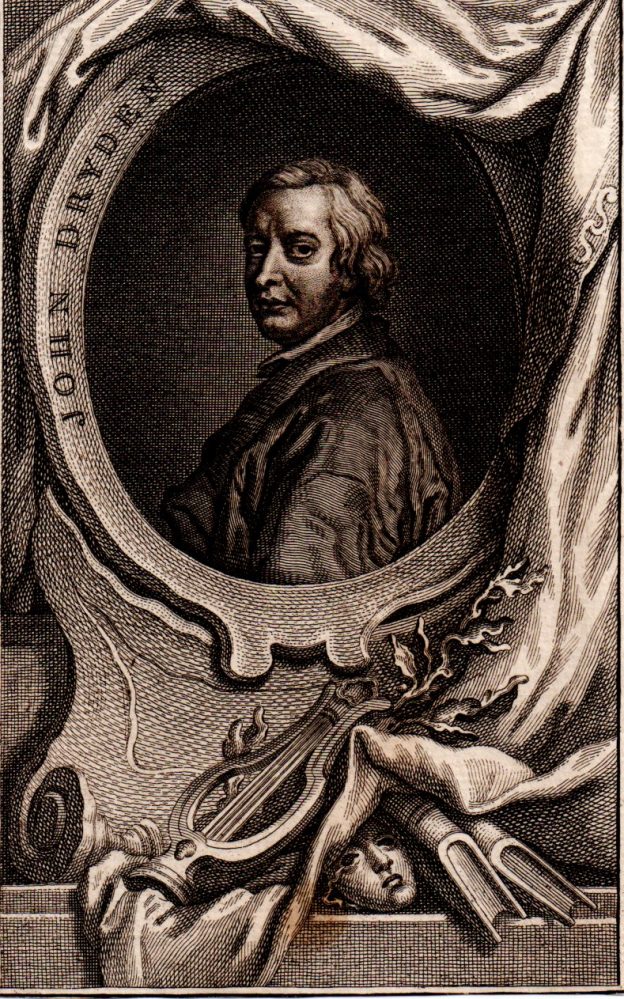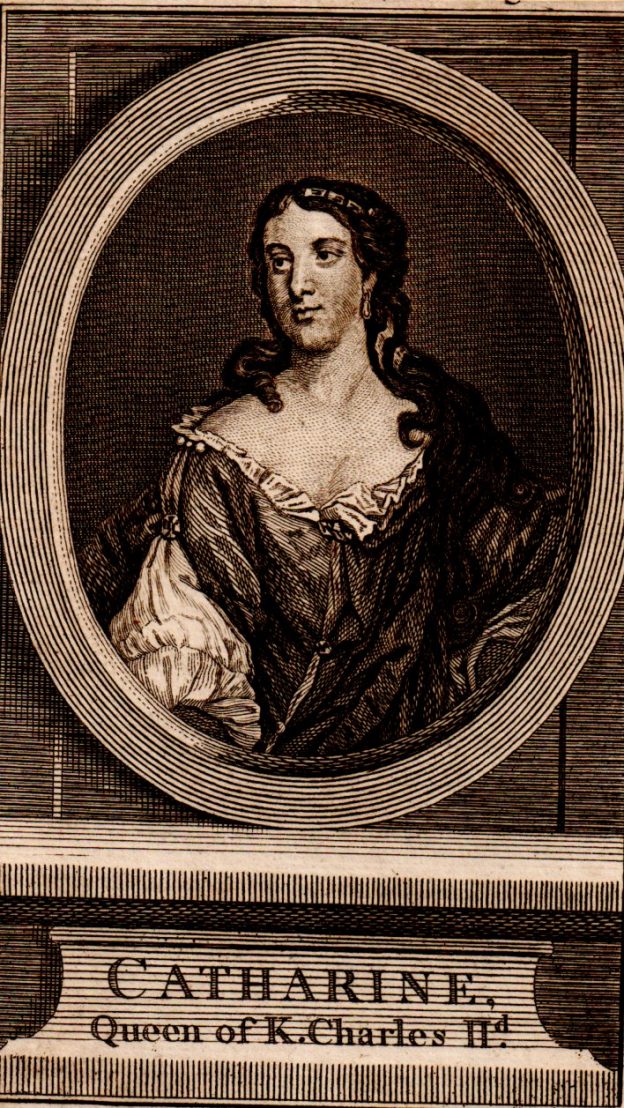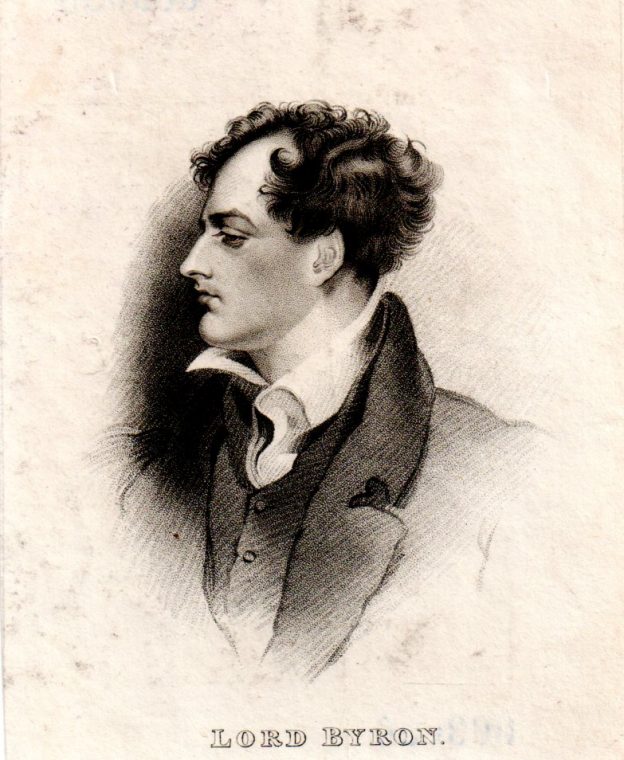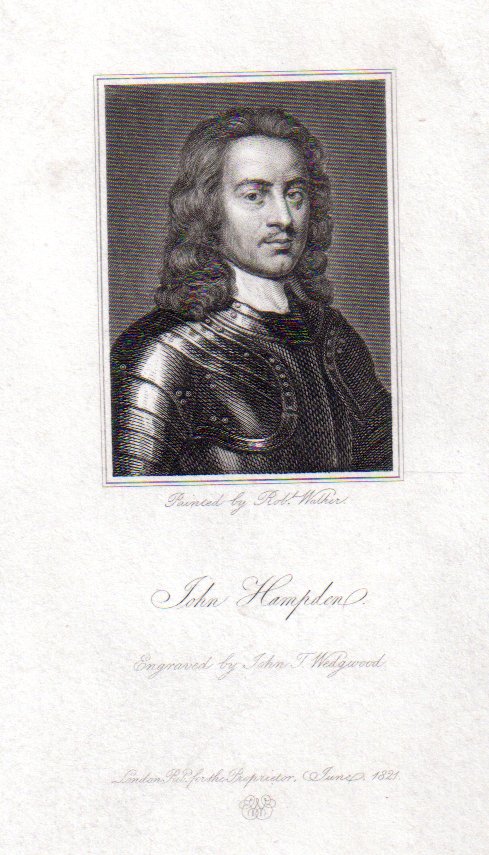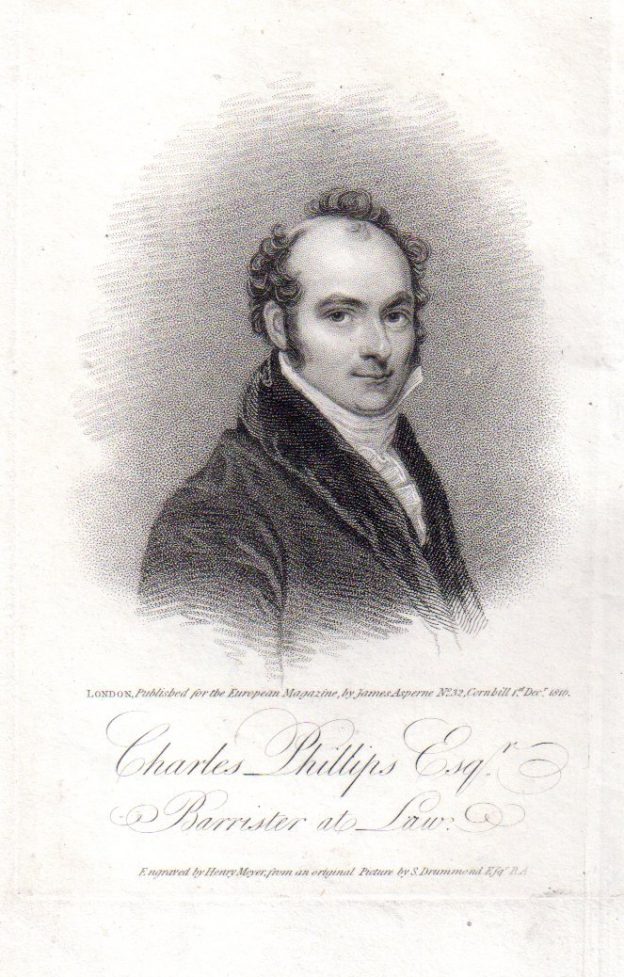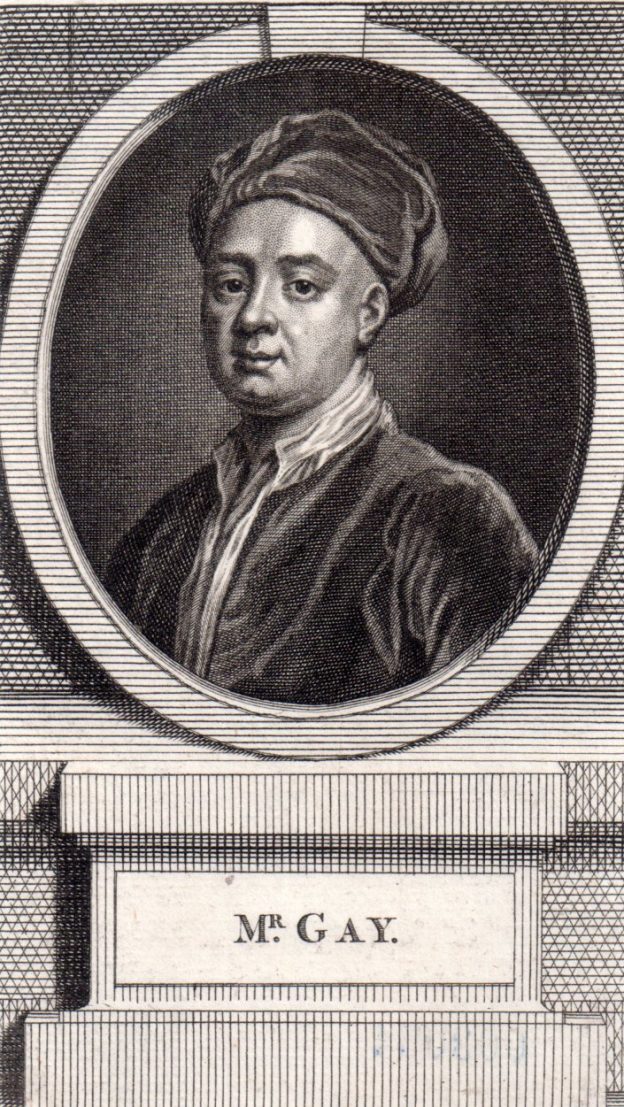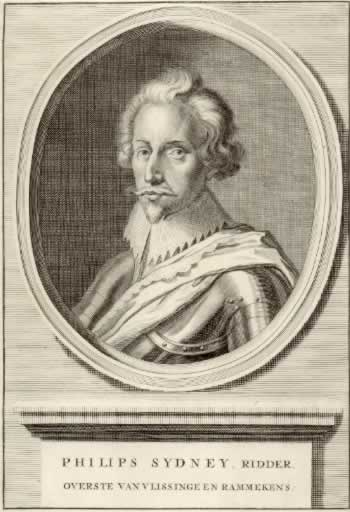Dryden was appointed Poet Laureate by Charles II in 1668. He wrote over twenty plays, including All for Love (1678), and numerous poems, particularly political satires, such as ‘Absalom and Achitophel’ (1681), and odes, including the famous ‘Ode for St Cecilia’s Day’. In 1686 he converted to Roman Catholicism, and at the Revolution of 1688 he was deprived of the laureateship. He devoted the rest of his life largely to translations, notably a verse translation of the works of Virgil.
Artist: Sir Godfrey Kneller,
Size 16 x 10 cms
Price £10.00
Ref:3056

